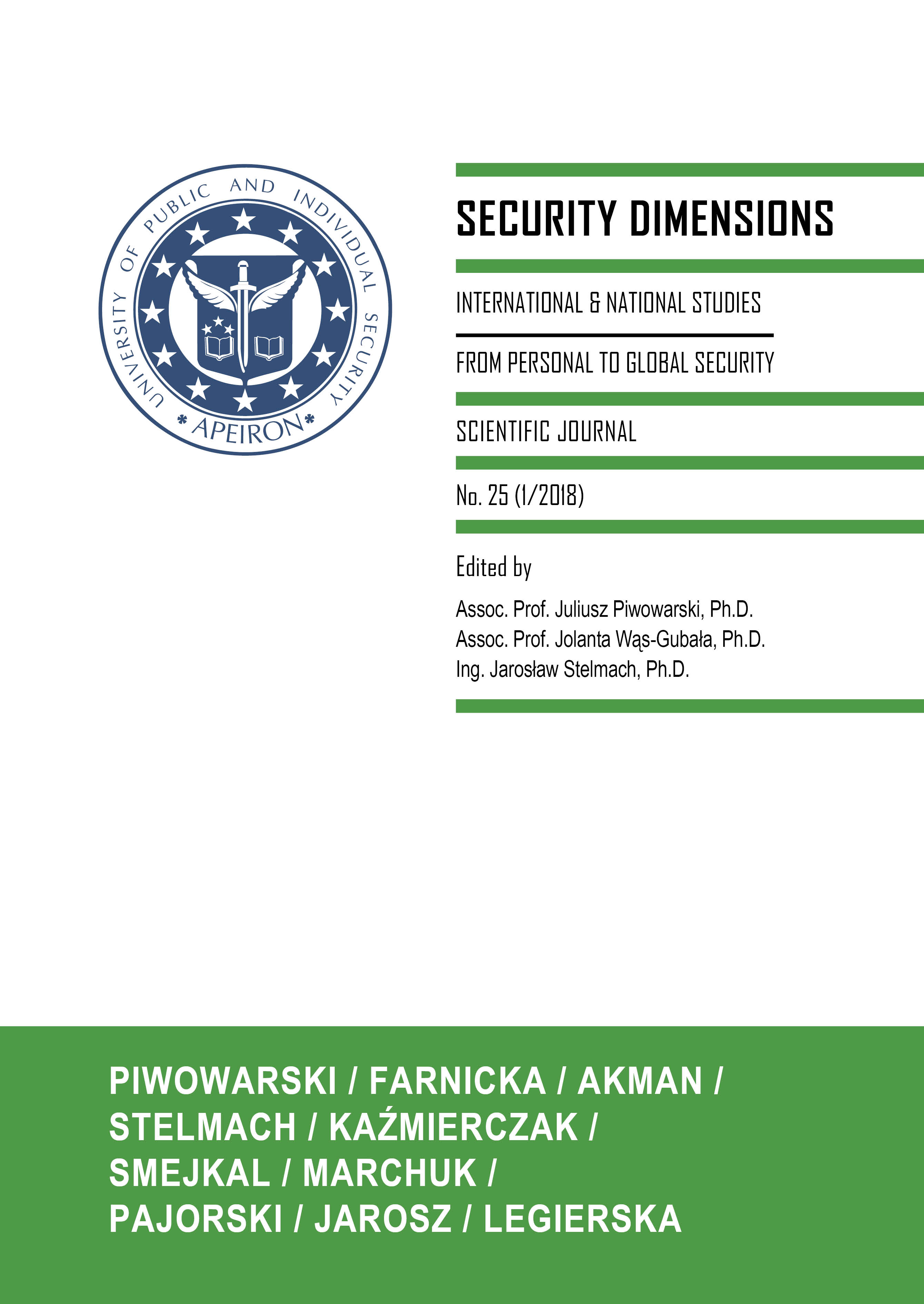Qualification of a Crime as a Part of Modern Reality in Terms of Law and Order and Philosophical Approaches to Its Comprehension
Qualification of a Crime as a Part of Modern Reality in Terms of Law and Order and Philosophical Approaches to Its Comprehension
Author(s): Vasiliy V. MarchukSubject(s): Criminal Law, Epistemology, Philosophy of Law, Behaviorism, Criminology, Phenomenology, Hermeneutics, Ontology
Published by: Wyższa Szkoła Bezpieczeństwa Publicznego i Indywidualnego “Apeiron” w Krakowie
Keywords: Law and order reality; crime situation (occurrence); crime qualification; methodology principles;
Summary/Abstract: The purpose of this work consists of defining the qualification premises of a crime based on modern understanding of law and order reality and methods designed to comprehend this aspect of life. Introduction: Philosophical principles of crime qualification methodology can be defined through their synthetic impact on the cognitive process dedicated to understanding of criminal (deviant) behavior that is reflected in the model of the created in accordance with law and constitution limits. This aspect justifies the attempts to invent new innovative approaches and adjust their usage in the cognitive process of the crime event which is regarded as a specific occurrence in the modern reality in terms of law and order. Such events need to be adequately assessed by lawyers and all those whose competence includes the right to give an estimate with regard to such events. Methodology: The study in question was conducted in accordance with the principle of methodology pluralism, which means that multiple methods were deployed while planning as well as doing the research. The methods used include such as dialectic, natural law, hermeneutic – phenomenological, structurally – functional, and epistemological explication approaches. Results: The philosophical and methodological premises, or principles, that play a major role in the attempts to qualify a crime have a special meaning, namely a meaning of the postulating ideas that are often viewed as directing the cognitive process and are buttressed by the main branches of philosophical knowledge: ontology, axiology, and epistemology
Journal: Security Dimensions. International and National Studies
- Issue Year: 2018
- Issue No: 25
- Page Range: 132-150
- Page Count: 19
- Language: English

